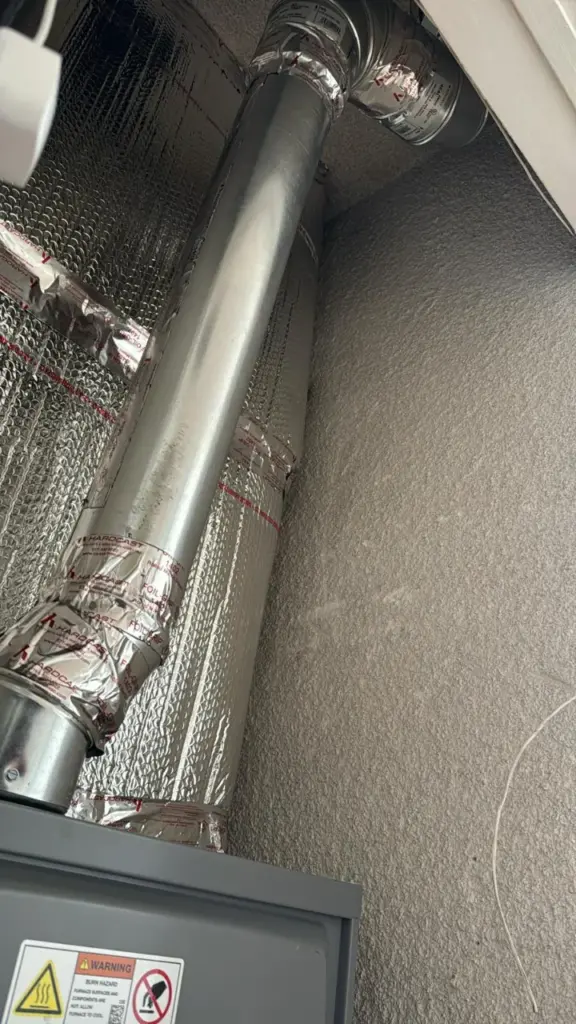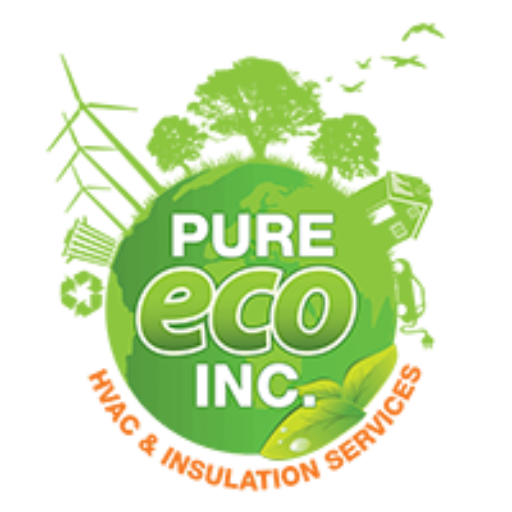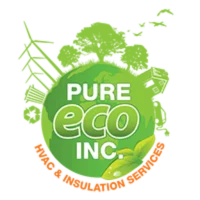The Importance of Regular HVAC Cleaning
Maintaining a clean HVAC system is crucial for multiple reasons, impacting health, efficiency, and longevity. A clean HVAC system ensures that the air circulating within your home or business is free from dust, allergens, and other harmful particles. This is particularly important for individuals with respiratory issues or allergies, as contaminated air can exacerbate their symptoms. Regular cleaning reduces the accumulation of mold, bacteria, and other pathogens that can compromise indoor air quality and overall health.
Efficiency is another significant benefit of regular HVAC cleaning in Los Angeles. Dust and debris can clog the system, making it work harder to maintain the desired temperature. This increased strain not only leads to higher energy consumption and utility bills but also puts additional wear and tear on the system. By keeping your HVAC system clean, you ensure it operates at peak efficiency, leading to cost savings and a reduced environmental footprint.
Moreover, a well-maintained HVAC system has a longer lifespan. Regular cleaning and maintenance prevent the buildup of harmful substances that can corrode components and cause premature failure. This means fewer repairs and replacements, saving you money in the long run and ensuring your system serves you well for many years.

DIY vs. Professional Ventilation Cleaning
When it comes to cleaning your HVAC system, you might consider tackling the task yourself or hiring a professional. Each approach has its advantages and disadvantages.
DIY cleaning can be appealing due to the cost savings. With the right tools and a bit of research, you can perform basic maintenance tasks like replacing filters and cleaning accessible components. This approach gives you control over the process and can be done at your convenience.
However, DIY cleaning has its limitations. Without professional training, you might miss hidden issues or fail to thoroughly clean critical components. This can lead to a false sense of security, thinking your system is clean when it’s not. Additionally, improper handling can damage delicate parts, leading to costly repairs.
On the other hand, hiring a professional ensures a thorough and efficient cleaning process. Professionals have the expertise, tools, and knowledge to identify and address all potential issues. They can reach areas that are difficult to access and ensure that every component is cleaned correctly. While the initial cost is higher than a DIY approach, the long-term benefits of professional cleaning often outweigh the expense, providing peace of mind and a well-functioning system.
HVAC Cleaning Vs. DuctWork Cleaning
Understanding the difference between HVAC cleaning in LA and ductwork cleaning is essential for maintaining a clean and efficient system. HVAC cleaning involves cleaning the entire heating, ventilation, and air conditioning system, including components like the coils, filters, and blower motor. This comprehensive approach ensures that every part of the system is free from dust, debris, and other contaminants, improving overall efficiency and air quality.
Ductwork cleaning, however, focuses solely on the air ducts that distribute air throughout your home or business. While clean ducts are vital for preventing the spread of dust and allergens, they are just one part of the HVAC system. Neglecting other components can lead to a buildup of contaminants that eventually find their way into the ducts, negating the benefits of ductwork cleaning.
How Dirty Air Conditioning Systems Affect Your Health
Dirty air conditioning systems can have severe health implications. Over time, dust, mold, bacteria, and other contaminants accumulate within the system, which are then circulated throughout your indoor space. Breathing in these pollutants can cause respiratory issues, aggravate allergies, and lead to more severe health problems like asthma attacks or infections.
For vulnerable individuals, such as the elderly, children, or those with pre-existing health conditions, the impact can be even more significant. Poor indoor air quality can reduce overall well-being and comfort, leading to increased medical visits and a lower quality of life.
Given these risks, it’s imperative to maintain a clean HVAC system. Pure Eco Inc. specializes in ensuring your air conditioning system is free from harmful contaminants, providing a healthier environment for you and your loved ones.
Green HVAC Cleaning Solutions In Los Angeles
At Pure Eco Inc., we prioritize eco-friendly cleaning methods and products for Our LA residents. Traditional cleaning agents can release harmful chemicals into your home or business, posing additional health risks. Our green HVAC cleaning solutions are designed to be effective while minimizing environmental impact and ensuring the safety of your indoor air.
We use biodegradable, non-toxic products that effectively remove contaminants without leaving harmful residues. Our approach aligns with our mission to promote sustainability and protect the health of our clients and the planet. By choosing Pure Eco Inc., you are not only investing in a clean and efficient HVAC system but also contributing to a greener future.
Conclusion
Regular HVAC cleaning is essential for maintaining a healthy, efficient, and long-lasting system. Whether you opt for DIY maintenance or professional cleaning, ensuring your system is free from contaminants will improve indoor air quality, enhance efficiency, and extend the system’s lifespan.
Understanding the distinction between HVAC and ductwork cleaning in Los Angeles further emphasizes the importance of a comprehensive cleaning approach. The health risks associated with dirty air conditioning systems highlight the need for regular maintenance, and eco-friendly cleaning solutions offer a safe, effective way to achieve this.
For those in Los Angeles seeking reliable and eco-conscious HVAC cleaning services, Pure Eco Inc. is your trusted partner. Contact us today to ensure your HVAC system is in top condition, providing a healthier, more efficient environment for you and your family.





